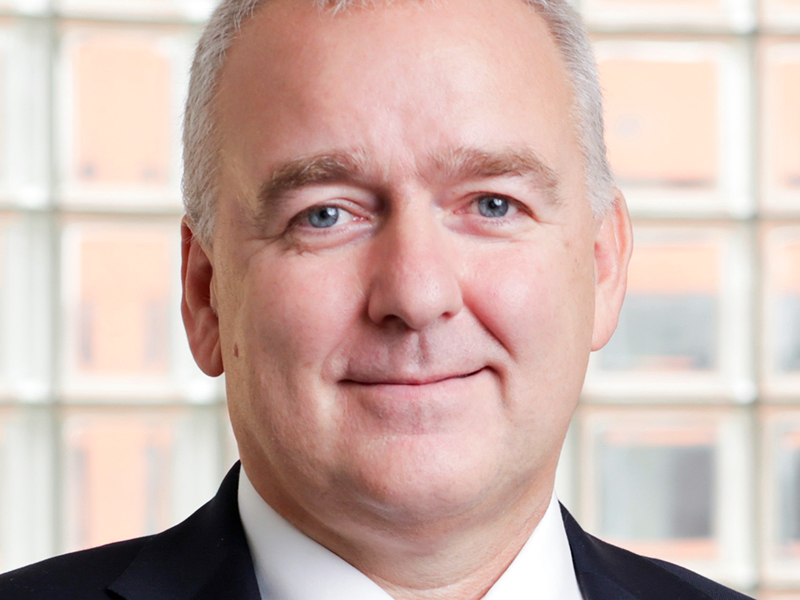Derek Mitchell: further increases in energy prices will be devastating for so many households
After the pandemic, the phrase ‘cost of living’ started appearing in headlines, in policy documents and was used as a blanket term for people experiencing challenges with paying for the basics.
Peoples’ finances had been hit by lockdown and they were facing significant increases in inflation, particularly driven by the spike in energy costs.
The following couple of years then saw the phrase fall out of use with many commentators alluding to the crisis being over. Inflation came down a bit, and government assistance had eased the energy crisis and for some pundits, it seemed that we’d passed the worst.
But the reality is very different. Across our network of CABs, we always knew this was a false narrative. We see every day the reality of how many people are struggling just to put food on the table and keep the lights on. And the last few weeks have shaken that complacency and shone a light on how bad the cost of living crisis remains for hundreds of thousands of people in our communities.
Ofgem has now announced it is to increase its price cap by 6.4%, meaning the average energy bill will rise by £111 per year. Meanwhile councils across Scotland are raising their council tax by up to 10%.
The Ofgem announcement is just another reminder that our energy market is broken and urgently needs to be fixed. Energy bills remain far too high for many people to be able to afford. Further hikes now will make a terrible situation even worse.
Our evidence shows that people who struggle to pay their energy bills also have problems accessing food, and their social security entitlements. This is having a devastating impact on peoples’ physical and mental wellbeing.
The average energy debt held by people coming to the Scottish CAB network about the issue is £2,500. For people living in rural areas, the average energy debt is more than £3,100. Further increases will be simply devastating for so many households.
But of course, energy bills don’t exist in isolation. Many people who can’t afford their energy also struggle with their other bills, like food, rent/mortgage and council tax. With all of these rising, the cost of living crisis is still very much with us.
Council tax debt is the single biggest debt our network deals with each year and our fear is these rises could further increase numbers of people falling into debt or falling further into debt.
We urge councils to do everything they can to raise awareness of the various council tax reductions that are available so that those that are eligible to pay less have that opportunity in the face of these rises.
On energy, we have called on Ofgem to introduce a robust energy debt assistance scheme and we also want the government to introduce a social tariff which would be applied automatically to the most financially vulnerable households.
These kinds of structural changes are essential to help people through the current crisis and also to protect people from similar situations in future. We will continue to push hard for these changes, as well as for adequate welfare support for those who need it.
In the meantime, anyone who is unable to meet their bills can get free, confidential and impartial support from their local CAB or from our website www.citizensadvice.org.uk/scotland/.
Derek Mitchell is chief executive of Citizens Advice Scotland.
This column was first published in the Herald www.theherald.co.uk








So what is the social policy team doing to address the cartel that is the root cause here?